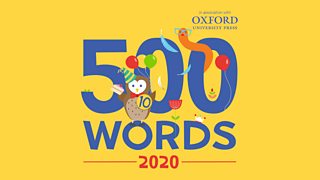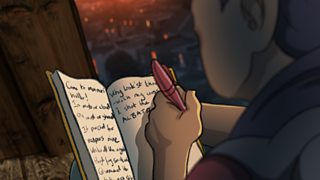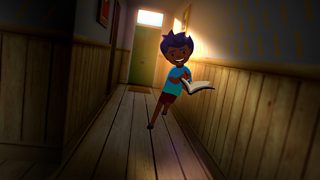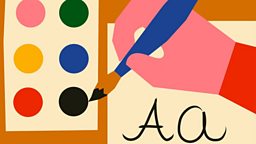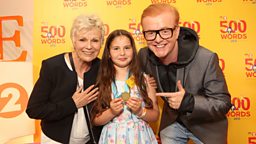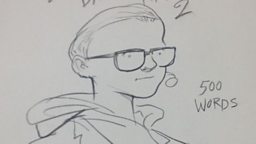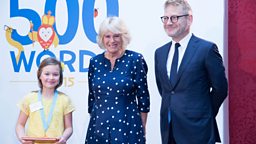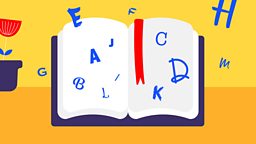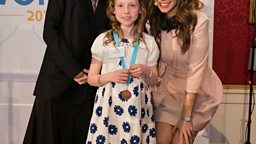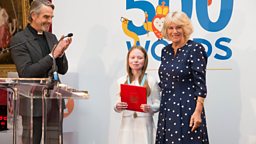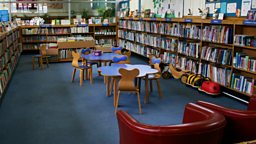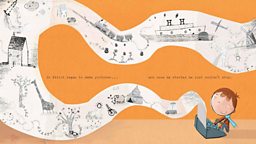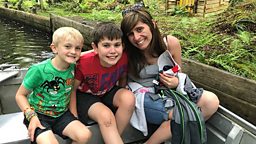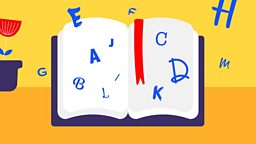Dyscovering The Wonder Of Words
Do you have specific learning difficulty (SPLD) that can make it difficult to organise and record your ideas in words on paper? If your answer is yes, then you are in good company. The award winning children’s author Sally Gardner has openly discussed how she found reading and writing in school very difficult but found a different way of capturing and organising her imaginings so that she could share them with others. You too may need to look for a different way, but that’s ok! ‘Different’ is good when it ensures you can tell others your story.

Often individuals with a SPLD will be strong visual learnersThe Dyscovery Centre
Ok close your eyes, can you see or hear yourself telling the tale? Often individuals with a SPLD will be strong visual learners and will find it easier to capture and order their ideas in picture format.
Storyboards
Many film makers use storyboards where they plot the storyline of the film as a series of individual frames (like boxes). This allows them to move and by rearranging the frames until they capture the order they want the beginning, middle and end of the story becomes clear. Having organised your plot you can begin to add the detail. This can also be done on paper; pull out key things (such as key characters) and draw or label the detail you wish to include.
Now think about sharing your pictures with others, as the more you tell the story, the more it will become clear. Don’t forget of course to record it on your phone or Ipad so you can hear the version you wish to type up later.
Word mapping
Some of you may prefer to capture and record your ideas in words. Take a blank piece of paper and in the centre write down the main topic of your story e.g. THE VISITOR. Now surround it with key words that come to mind when picturing it e.g. descriptive words about the scenery. You can now begin to pick out and group the words that describe a theme within your story and link them together with a line or a highlight colour. Once you have organised your themes think about the order in which they will appear e.g. will you describe the scene before your main character?
Use your listening friend to start to link the story together until you are happy with the way it sounds – don’t forget to record it!
Because you have done this preparation it should now be easier to get it down on paper. Don’t forget most authors will have someone else to check their spelling or type the story for them. You can do the same, you are not asking them to alter or write the story just to help to record it in a way that others can read it. Remember, the competition is open to everyone; they want to hear your story. You will enter your 500 words story online alongside all the other competitors but only you will know how you got there.
Good luck!

By the
More from 500 Words
-
![]()
500 Words 2020
Everything you need to know about this year's competition.
-
![]()
Submit a story
All the information you need to enter the competition.
-
![]()
Everything you need to know about Radio 2's short story-writing competition for kids.
-
![]()
10 Great Opening Lines From Literature
The best opening sentences in literature, according to 500 Words judges.
